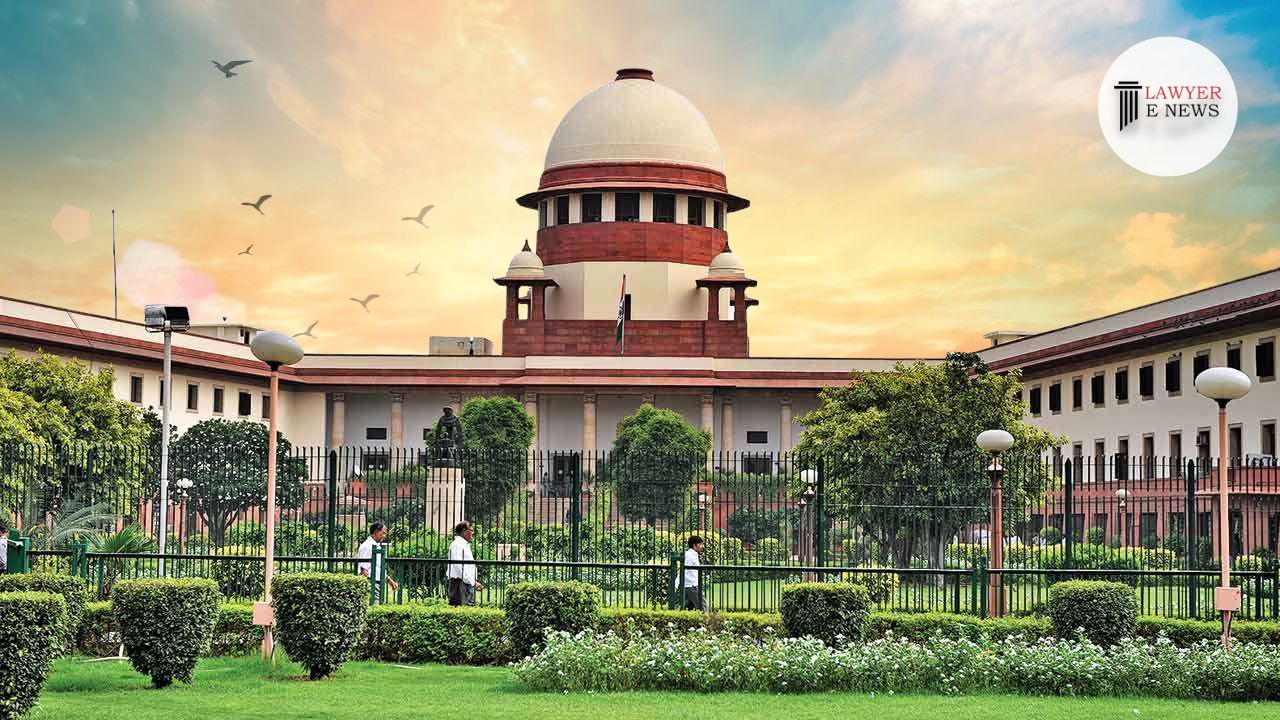-
by Admin
15 February 2026 5:35 AM



In a significant ruling, the Supreme Court has set aside the land acquisition proceedings for the proposed Vedanta University, emphasizing non-compliance with statutory provisions, favoritism, and the violation of public trust. The judgment, delivered by Justices M.R. Shah and Krishna Murari, sheds light on various aspects of the case and highlights the need for adherence to legal requirements.
The Supreme Court observed, "The entire acquisition proceedings for the beneficiary company has been vitiated by non-compliance of the statutory provisions under the Act, 1894 and the Rules, 1963 and is a clear case of non-application of mind on relevant aspects." It further emphasized the importance of considering the mandatory requirements stated in Rule 4, which include the suitability of the land, efforts to acquire the land through negotiation, and the company's ability to utilize the land efficiently (Para 8.13).
The Court also pointed out the invalidity of the Memorandum of Understanding (MOU) executed by Vedanta Company, stating that the beneficiary company had not executed the required agreement in accordance with Section 41 of the Land Acquisition Act. The Court stated, "Acquisition of lands by publishing section 4(1) notification in favor of the beneficiary company is vitiated in law for the reason that before putting the provisions of sections 4 to 16 and 18 to 37 in order to acquire land, no previous consent of the State Government was obtained" (Para 8.16).
Environmental considerations were given due importance by the Court, which highlighted that the control of two rivers flowing through the acquired lands would be handed over to the private company. This raised concerns about the violation of the Doctrine of Public Trust and the potential adverse effects on the Wildlife Sanctuary and the ecological environment (Para 8.17, 8.18).
The judgment also emphasized the non-application of mind by the State Government regarding the requirement of lands by the beneficiary company. The Court noted the lack of proper inquiry and reduction in the proposed acquisition, indicating exaggerated demand and mala fide intentions (Para 8.19, 8.23). It further highlighted the undue benefits and favoritism offered to the company, which violated the principles of equality under Article 14 of the Constitution (Para 8.20).
Concluding the matter, the Supreme Court dismissed the appeals and upheld the High Court's decision to set aside the acquisition proceedings. The Court imposed a cost of Rs. 5 lakhs on the beneficiary company, to be deposited with the Registrar of the Supreme Court and transferred to the Orissa State Legal Services Authority (Para 8.22).
This ruling serves as a reminder of the importance of adhering to statutory provisions, considering environmental impacts, and avoiding favoritism in land acquisition processes. It sets a precedent for ensuring transparency, fairness, and protection of public trust in such matters.
Date of Decision: April 12, 2023
ANIL AGARWAL FOUNDATION ETC. ETC. vs STATE OF ORISSA AND OTHERS
